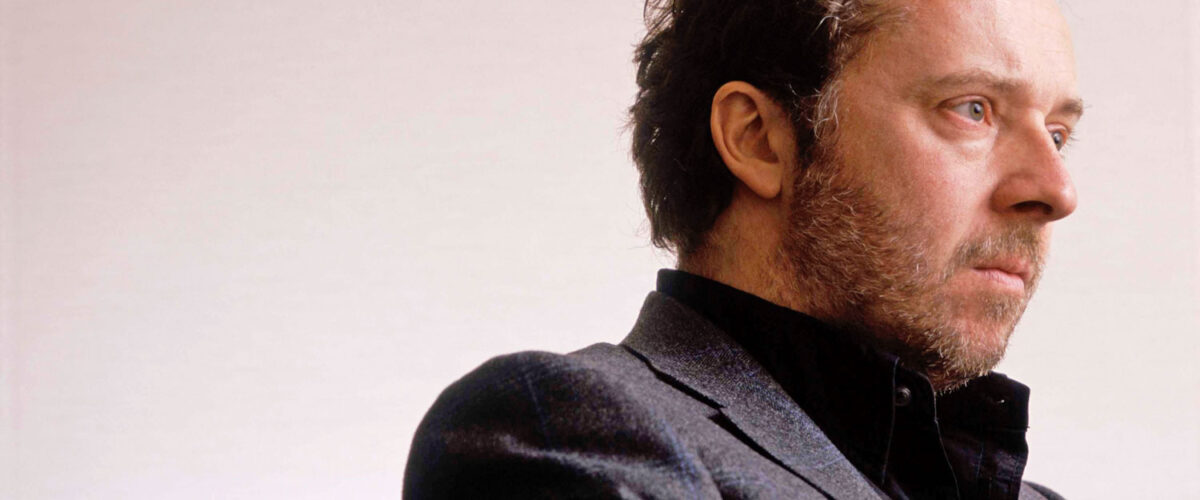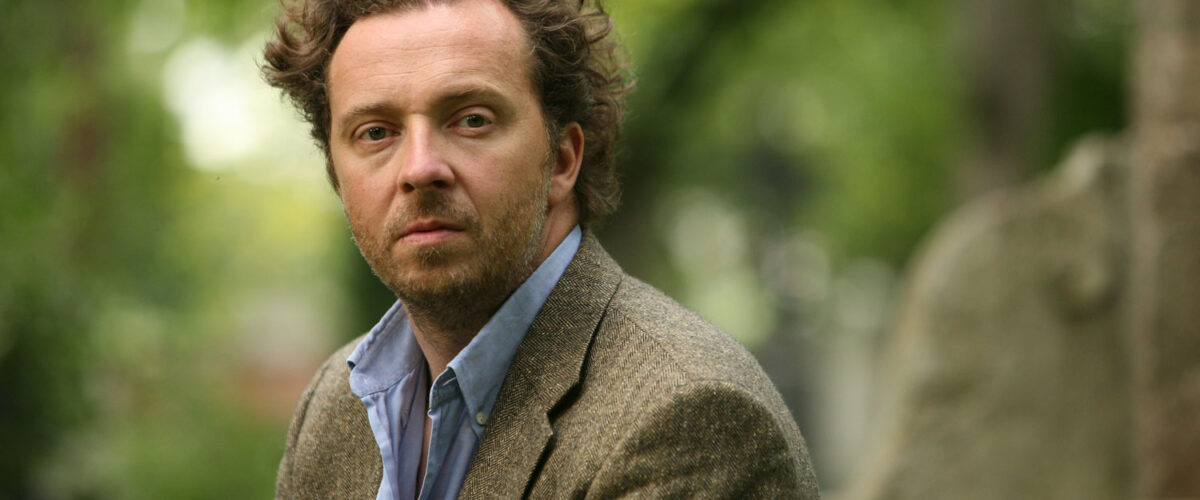TRANSCRIPT
Scofield: Even though you have a great career in the opera house as well, would I be right to say that lieder is really your first love?
Gerhaher: It is. I probably wouldn’t have become a singer if there wasn’t the opportunity to learn, and understand, and to perform lieder with Gerold Huber. I have performed for a long time now, this is exactly 32 years, and this is my real passion in my life.
Scofield: That is really interesting. What is it that you find so powerful for you about lieder?
Gerhaher: If you think about vocal music, one could make a kind of parallelity to literature which is represented by vocal music. One could say the three fields of literature – epic, dramatic, and lyrical works – are represented comparably in music. That means that literature drama is represented in the opera, certainly, or operetta and musical; epical means non-realistic and romance writing is represented by oratorios, which has a more narrating aspect, not just acting a story but narrating a story; and the third thing is the lyrics, the poems, they are represented certainly by the lieder. And there’s one special thing in poems, in my opinion, which makes it a little different from the other ones: epics and dramas want to be understood at the end of the evening. It’s different with the lyrics, it’s different with the poems.
I think they have some narrative and some dramatic aspects, especially in so-called ballads, or in longer narrative poems. But the normal thing is that the poem is going into the direction of being abstract, whereas drama and novel are more concrete and the same is with lieder. I think an opera wants to be understood, and even an oratorio like a told story of Jesus Passion that it wants to be understood in its dramatic and narrative episode and its meaning. But there are many different meanings a poem can convey. They don’t have to be understood totally and there are so many loose ends in many poems, starting over the first verse and the second verse, and they don’t come together in the end every time. So, I think this is the very interesting thing for me as a lieder singer that I don’t have to be concrete, I don’t have to be narrative, I don’t have to be an actor on stage when I sing lieder, but I am a kind of medium of lyricism of abstract art. And this is what I love.
Scofield: Interesting, quite a fascinating insight into that. And also, I suppose, as an opera singer, from the singer’s point of view, you’re one of hundreds or even thousands of people who go into making up this enormous machine of putting on gigantic productions. But with lieder, everything is small in scale. It’s intimate and personal, and you can control the whole environment and the performance parameters very well. Would you agree?
Gerhaher: Yes. It is performed normally in rooms acoustically, ideally, also very untouchable. This is what I see in the best rooms. They have a kind of a sound identity, which is absolutely holed up and kept alive and always the same. This makes it so easy to sit there and to concentrate on these many layers meaning of possible. And especially not to be disturbed in concentrating on the semantic layer of text and the sound meaning of music layer. They can be similar, but especially in Schumann, they can be incongruent. And this shimmering makes it so very interesting to live in the moment and to relax spiritually, not to urge yourself to understand everything, in a way maybe a lawyer analyzing a text and saying, this is the utter meaning of this text. This is not the will of this kind of art in my eyes.
Read more about Christian Gerhaher on their OFFICIAL WEBSITE.




